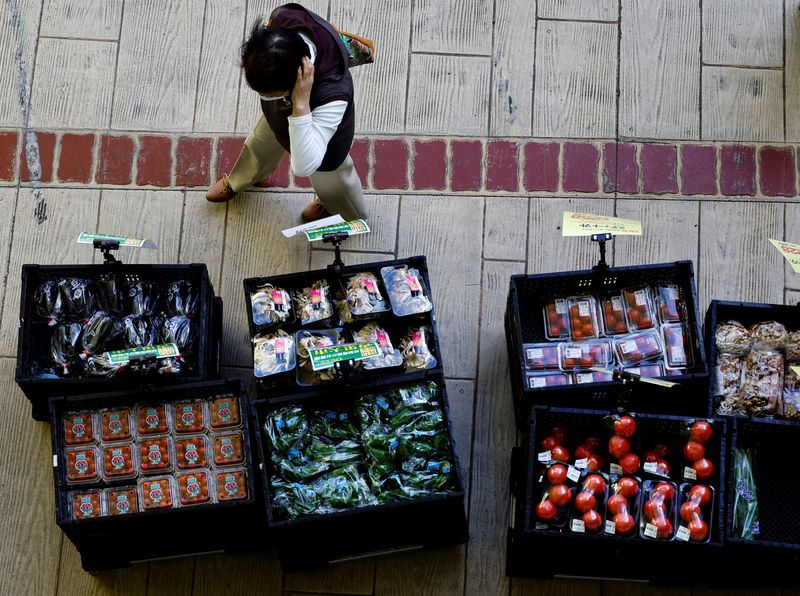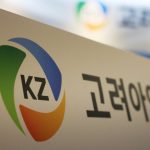By Leika Kihara
TOKYO (Reuters) -Japan’s wholesale inflation accelerated in October at the fastest annual pace in more than a year as renewed yen falls pushed up import costs for some goods, complicating the central bank’s decision on how soon to raise interest rates.
The corporate goods price index (CGPI), which measures the price that companies charge each other for goods and services, rose 3.4% in October from a year earlier, Bank of Japan data showed on Wednesday, above market forecasts for a 3.0% gain.
It followed a 3.1% increase in September and marked the fastest year-on-year increase since August 2023.
A spike in the price of rice, coupled with the increasing cost of nonferrous metals, food and oil, pushed up overall wholesale inflation, the data showed, a sign companies remained under pressure from rising raw material costs.
The yen-based import price index fell 2.2% year-on-year last month, less than the 2.5% drop in September, the data showed. On a month-on-month basis, the index rose 3.0% after falling 2.8% in September, a sign the dollar’s 4.3% rise against the yen during the month kept import costs high for many firms.
“Inflationary pressure remains sticky for wholesale goods prices,” said Takeshi Minami, chief economist at Norinchukin Research Institute.
“While consumption lacks momentum, wage hikes are proceeding so the chance of a December interest rate hike appears to be heightening,” he said.
The BOJ ended negative interest rates in March and raised short-term interest rates to 0.25% in July on the view Japan was making progress towards sustainably achieving its 2% inflation target.
BOJ Governor Kazuo Ueda has stressed the bank’s readiness to raise interest rates again if inflation becomes driven more by robust domestic demand and higher wages, rather than rising raw material costs.
Rising inflationary risks from a weak yen were cited by Ueda as one of the key factors that led to the BOJ’s decision to raise interest rates to 0.25% in July.
A Reuters poll conducted on Oct. 3-11 showed a very slim majority of economists projecting the BOJ to forgo raising rates again this year, although nearly 90% still expect rates to rise by end-March.



